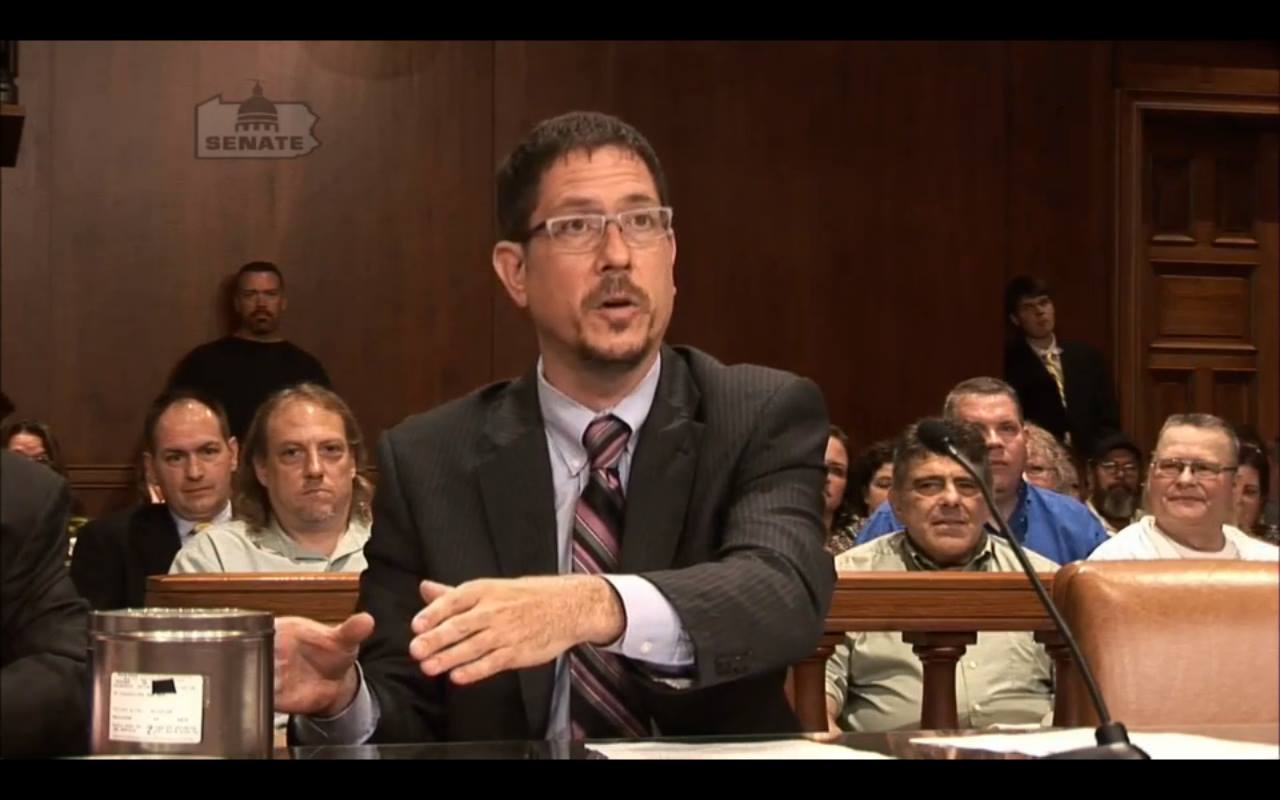Why Employ a Federal Crime Attorney: Safeguard Your Civil Liberties with Professional Legal Help
Why Employ a Federal Crime Attorney: Safeguard Your Civil Liberties with Professional Legal Help
Blog Article
Debunking the Refine of Federal Appeals: What You Required to Know
Navigating the elaborate realm of federal charms can usually appear like traversing uncharted waters for those not familiar with the procedure. Comprehending the subtleties of appellate court territory, the details of submitting a notification of appeal, presenting a compelling brief, and making a persuasive oral argument are important components that can substantially affect the result of a situation. By unwinding the layers of intricacy surrounding federal appeals, individuals can gain a clearer understanding right into the devices that control this important phase of the lawful system.
Comprehending Federal Appeals Process
Looking into the intricate world of the government charms process unveils a structured and systematic journey through the judicial system. Federal appeals act as a critical system for examining decisions made by lower courts. Recognizing this procedure is vital for anybody involved in lawful process at the government level.
The procedure commonly begins with a party disappointed with a reduced court's ruling submitting a notice of appeal. This causes an evaluation by a higher court, where a panel of courts evaluates the lawful disagreements presented by both events. Briefs detailing the legal thinking behind each party's placement are submitted, and dental disagreements may be heard to make clear complex concerns.
The appellate court's decision is based on a complete exam of the reduced court's proceedings and the arguments presented. The judges do not concentrate yet review realities on whether lawful mistakes occurred that influenced the reduced court's choice. As soon as the appellate court gets to a choice, it can attest, turn around, remand, or change the reduced court's judgment, supplying clearness and finality to the legal conflict. Comprehending this process is important for browsing the intricacies of federal appeals efficiently.
Appellate Court Jurisdiction Explained
Appellate court jurisdiction refers to the extent of cases that a certain appellate court has the power to examine and choose upon. Unlike test courts that hear situations for the first time, appellate courts are limited to reviewing decisions made by lower courts.
Appellate courts have jurisdiction over specific kinds of situations, typically those including lawful errors, procedural concerns, or questions of legislation as opposed to factual conflicts. The territory of appellate courts is typically detailed in statutes and legislations that govern the court system. Understanding appellate court jurisdiction is critical for parties included in the allures procedure as it identifies whether a situation is qualified for review and the extent to which the appellate court can intervene in the reduced court's choice.
Declaring a Notice of Appeal
The preliminary action in starting the government appeals process includes filing a Notification of Allure with the ideal appellate court. This essential file formally informs the court and the various other events entailed in the case that the appealing party intends to seek a review of the lower court's decision. Filing a Notice of Appeal is a strict procedural requirement that sets visit our website the appellate process moving.
When preparing the Notice of Appeal, it is important to make sure compliance with the particular policies and guidelines of the appropriate appellate court. federal appeal lawyers. The document must generally include information such as the instance name, the reduced court's name, the day of the judgment being appealed, and a concise statement indicating the premises for the allure

Rundown and Dental Disagreement
In the appellate procedure, presenting created briefs and participating in dental arguments play essential duties in promoting for the appealing party's position prior to the appellate court. Briefs are detailed legal records that describe the events' arguments, lawful authorities, and evaluation sustaining their positions. These created entries give the court with a detailed understanding of the facts of the instance, the appropriate regulation, and why the appealing celebration thinks the lower court's decision need to be rescinded.
Adhering to the entry and testimonial of the briefs, dental arguments provide the parties an opportunity to additional clarify their positions, resolve any type of inquiries the appellate judges might have, and emphasize key points from their composed briefs. Dental disagreements are an opportunity for the lawyers to convince the courts with verbal campaigning for and actions to queries from the bench.
Both the composed briefs and dental disagreements are vital elements of the appellate process, allowing events to present their case completely and compellingly before the appellate court. - federal crime attorney
Getting the Appellate Court Choice
The appellate court's choice is generally supplied in a written style and lays out the court's final thoughts on the lawful issues provided, the thinking behind their decision, and the judgment made. The time structure for receiving the appellate court's decision can differ, yet courts strive to supply prompt resolutions. Whether the appellate court affirms, reverses, or remands the reduced court's choice, understanding the ramifications of the judgment is crucial for all parties included in the appellate procedure.
Verdict
Understanding the appellate court jurisdiction, submitting a notification of allure, preparing briefs, and offering dental debates are all essential parts of this procedure. Eventually, getting the appellate court decision can offer clearness and resolution to legal disputes.
As we progress from understanding the government allures procedure to exploring the complexities of appellate court jurisdiction, a fundamental facet comes to light pertaining to the authority and restrictions of these higher courts in the legal landscape. Appellate court jurisdiction refers to the extent of situations that a specific appellate court has the power to decide and assess upon. Unlike test courts that hear cases for the initial time, appellate courts are restricted to evaluating decisions made by reduced courts. Comprehending appellate court jurisdiction is crucial for events included in the appeals procedure as it figures out whether a situation is qualified for evaluation and the extent to which the appellate court can interfere in the lower court's choice.

Report this page